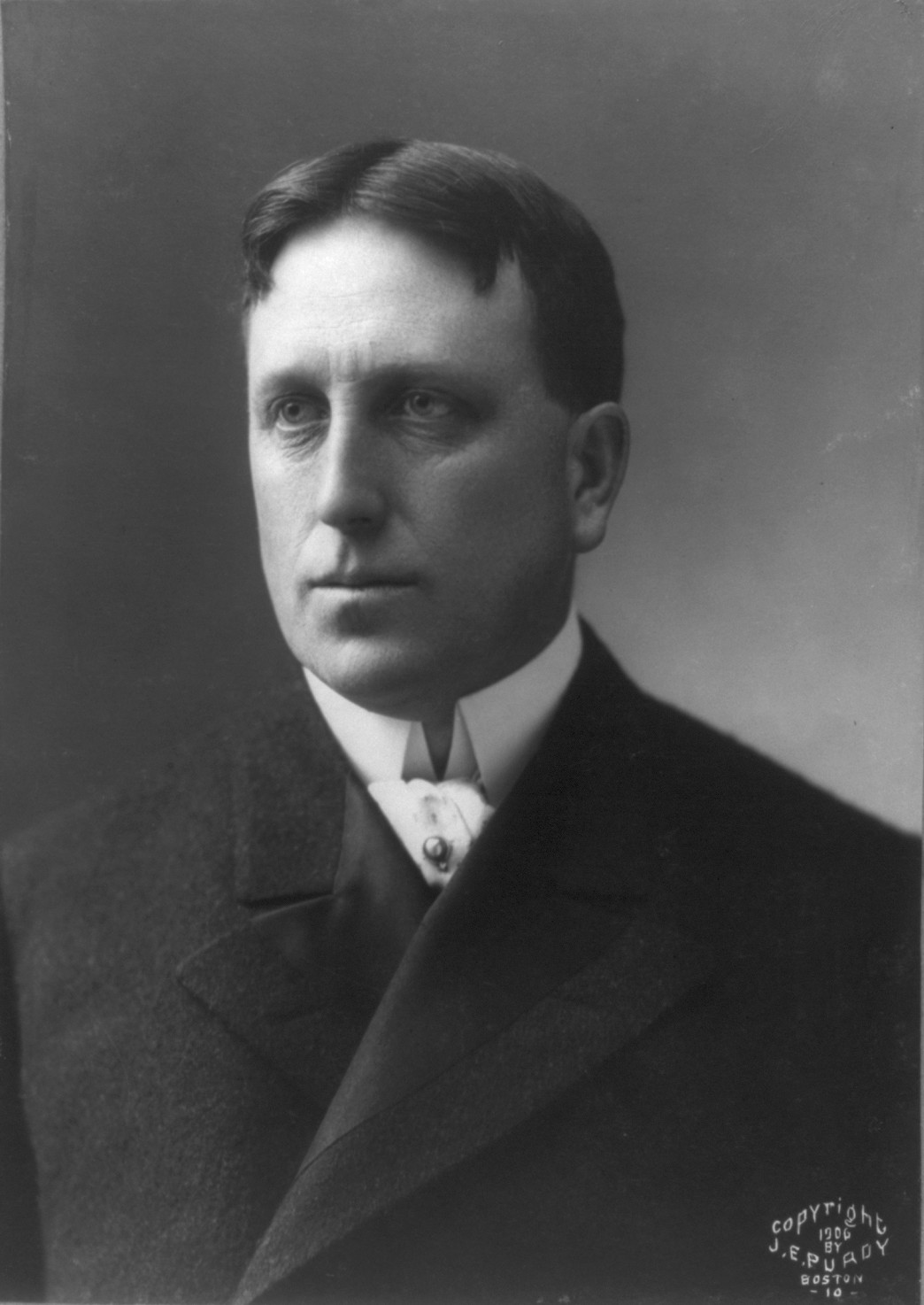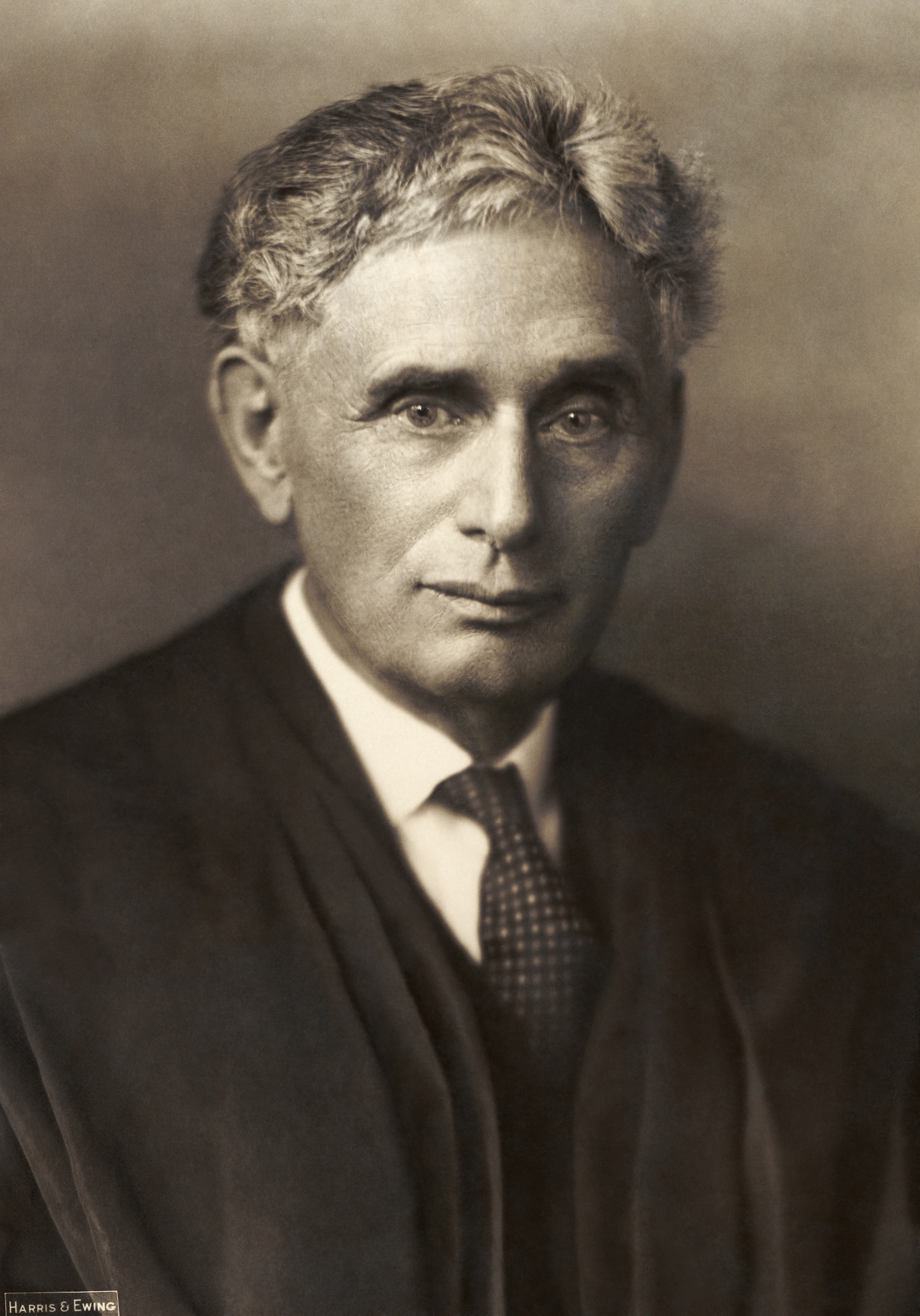Modern Healthcare reports on an Urban Institute study suggesting that if House of Representatives is successful, and the insurers receive less direct funding from the government, then they will raise premiums, and as a result premium tax credits (which are also paid for by the government) will increase.
If House Republicans win that lawsuit, costs to the federal government for keeping the law afloat could skyrocket, according to the Urban Institute, which does economic and social policy research.
That’s because the ACA requires insurers to offer cost-sharing reductions regardless of government funding. Without government reimbursement, insurers may offset those losses by increasing premiums on marketplace silver plans. That, in turn, would cause premium tax credits to rise to cover the higher premiums.
The government would then be on the hook for those higher premiums tax credits, which would go to many more people than just those who receive cost sharing reductions, according to the brief.
Well, duh!
Josh Blackman, an associate professor of law at South Texas College of Law, said it’s no surprise that a House win may result in higher costs for the government for the ACA.
“Whenever the law’s been modified by the executive, whenever the executive takes action that delays provisions of the law, that results in premiums going up and when premiums go up, that increases the amount of subsidies that have to be paid out,” Blackman said. “This seems like par for the course.”
When the individual mandate was delayed, insurers lost revenues. That resulted in higher premiums, yielding more premium tax credits.
When the administration offered special enrollment periods beyond the deadlines, customers were able to sign up when they get sick, use a lot of health care, and drop coverage. As a result insurers lost revenues. That resulted in higher premiums, yielding more premium tax credits.
When the employer mandate was delayed, insurers had fewer policies to underwrite. That resulted in higher premiums, yielding more premium tax credits. Are you sensing a pattern?
Every single time the President has tweaked the law, and screwed up the actuarial forecasts, the insurers lost money. As a result, premiums went up, and therefore tax subsidies went up. I don’t recall the Urban Institute releasing a similar report in light of previous modifications of the law.
If the goal was to keep the cost of insurance low, then the law would not have been modified in the way it was. That wasn’t the goal. Instead, the mission has been to keep the law on life support for as long as possible.
Also, I highly recommend Nick Bagley’s new paper on the legality of delays in the ACA. In particular, Nick writes that the President broke the law with the question at issue in the House lawsuit, but he doesn’t think there is standing.
Bagley recently wrote in a draft paper to be published in the University of Pennsylvania Law Review that by financing cost-sharing reductions out of an appropriations governing tax refunds, President Barack Obama “appears to have broken the law.”
Bagley, however, said he believes a federal appeals court will ultimately reverse the district court’s decision on House Republicans’ standing to sue over the matter.





